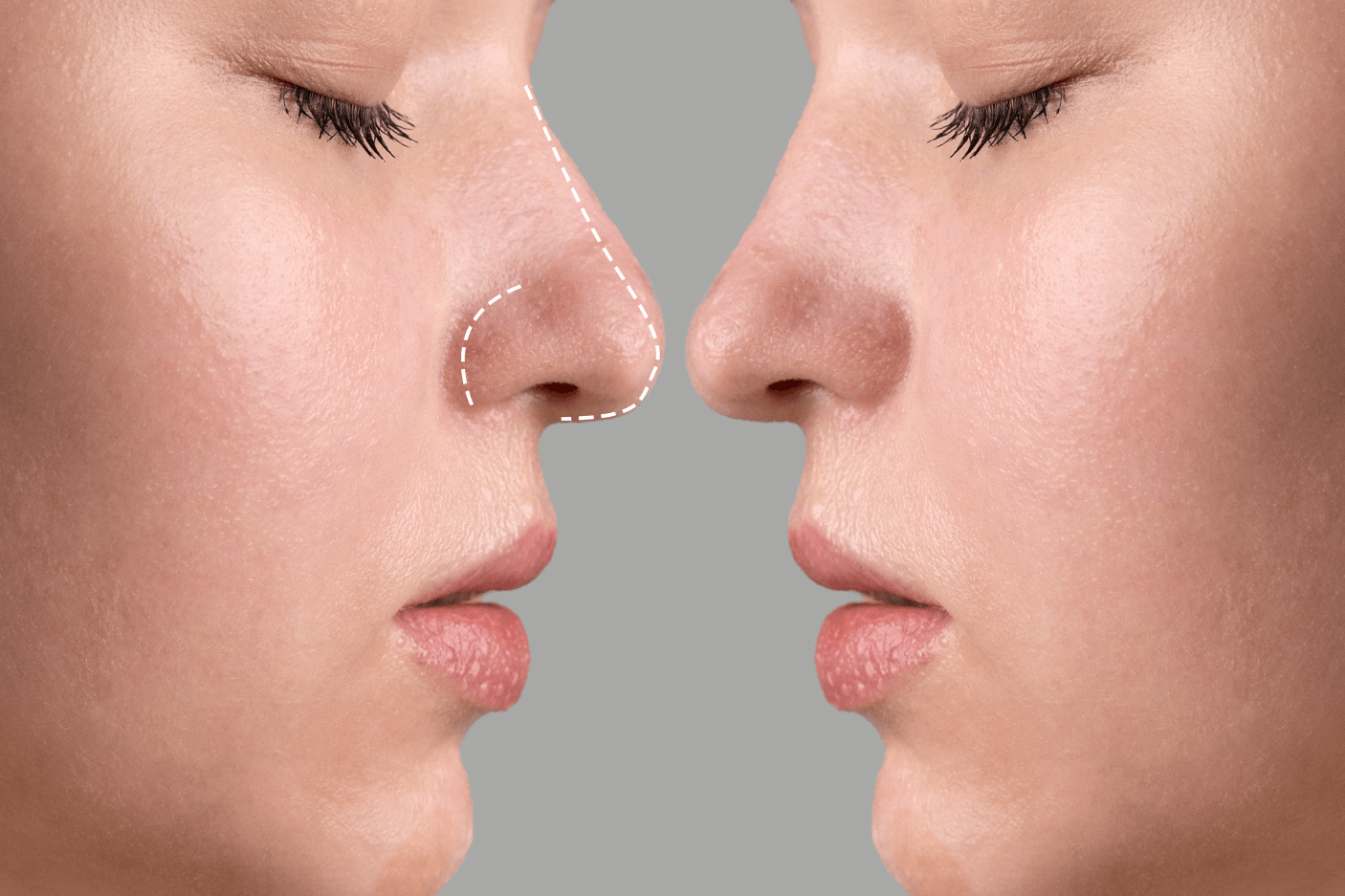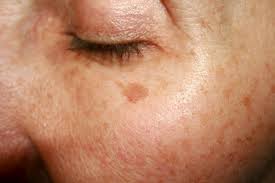 High-Converting Funnels – From Ad Click to Final Sale!
High-Converting Funnels – From Ad Click to Final Sale!
How a Nutritionist & Dietitian Can Help You Overcome Cravings
Written by Royal Clinic » Updated on: June 17th, 2025

Cravings are a natural part of the human experience, often driving people to indulge in unhealthy foods or snacks. Whether it’s a yearning for something sweet, salty, or fatty, cravings can sometimes feel uncontrollable. But, what if you had a professional to guide you through these moments of desire? A nutritionist or dietitian can be the key to understanding, managing, and overcoming these cravings. By combining their knowledge of nutrition, behavior, and individual needs, they can help you regain control over your dietary choices and improve your overall health. Here's how they can help you:
Understanding the Science Behind Cravings:
Cravings are complex and can stem from a variety of factors, including psychological triggers, hormonal imbalances, or nutritional deficiencies. A Nutritionist and Dietitian Dubai can help you understand why cravings happen in the first place.
Psychological Triggers: Stress, boredom, or even emotional states can cause cravings. Comfort foods like chocolate, chips, or ice cream are often linked to emotional eating, where people seek solace in food. A nutritionist can help you identify emotional triggers and find healthier alternatives to cope.
Hormonal Imbalances: Hormones such as ghrelin (the hunger hormone) and leptin (the satiety hormone) play significant roles in your cravings. If these hormones are out of balance, cravings may become more frequent. Dietitians can help you create a meal plan that supports hormonal balance and minimizes cravings.
Nutritional Deficiencies: Sometimes, your body craves certain foods because it’s missing specific nutrients. For example, a craving for chocolate could be a sign of a magnesium deficiency. A nutritionist can help you understand the nutrients you're lacking and create a balanced diet to meet your body’s needs.

Creating a Balanced Meal Plan to Combat Cravings:
One of the most effective ways a nutritionist or dietitian can help you is by designing a meal plan tailored to your individual needs. A well-balanced meal plan not only helps you stay full and satisfied throughout the day but also provides the right nutrients to prevent cravings.
Protein and Fiber: Meals rich in protein and fiber help keep you feeling fuller for longer. Including lean protein sources like chicken, fish, tofu, and legumes, as well as high-fiber foods like vegetables, fruits, and whole grains, can help stabilize your blood sugar levels and reduce the intensity of cravings.
Healthy Fats: Omega-3 fatty acids found in foods like avocados, nuts, seeds, and fatty fish can help regulate your appetite and support brain health. Incorporating healthy fats into your meals ensures that you feel satisfied and can fight off cravings for unhealthy, processed snacks.
Meal Timing and Portion Control: Sometimes cravings arise because you’re hungry, not because you truly want a particular food. A nutritionist or dietitian can help you establish consistent meal timings and proper portion sizes to prevent hunger-related cravings. Small, balanced meals throughout the day can maintain energy levels and keep cravings at bay.
Mindful Eating to Address Emotional and Stress-Related Cravings:
Many people turn to food when they are stressed, anxious, or feeling down. Emotional eating is a powerful trigger for cravings. Nutritionists and dietitians can help you develop strategies for mindful eating to manage emotional cravings.
Identifying Emotional Hunger: A nutritionist can teach you how to distinguish between physical hunger and emotional hunger. Physical hunger is gradual and can be satisfied with a variety of foods, while emotional hunger often strikes suddenly and is usually a craving for something specific (like chocolate or chips).
Mindful Eating Techniques: By practicing mindfulness while eating, you can improve your relationship with food. Nutritionists often teach clients to focus on the sensory experience of eating—paying attention to taste, texture, and portion sizes. Slowing down your eating habits can help you recognize when you're truly satisfied and reduce the temptation to overeat due to stress or emotions.
Healthy Alternatives: Instead of reaching for a bag of chips or a sugary treat, a dietitian can suggest healthier alternatives that satisfy your cravings without derailing your progress. For example, if you’re craving something sweet, they might recommend a small serving of fruit with a dollop of yogurt or a handful of dark chocolate.
Managing Blood Sugar Levels to Minimize Cravings:
Unstable blood sugar levels are one of the main culprits behind cravings, especially for sugary or carb-heavy foods. Nutritionists and dietitians can help you stabilize your blood sugar and minimize these roller-coaster cravings.
Balancing Meals: A key aspect of managing blood sugar is eating balanced meals that combine complex carbohydrates with proteins and healthy fats. This combination slows down the digestion process and prevents rapid spikes and crashes in blood sugar, which can trigger intense cravings for sugary foods.
Incorporating Low Glycemic Index (GI) Foods: Low GI foods, such as whole grains, legumes, vegetables, and fruits, release glucose into the bloodstream slowly, providing sustained energy and reducing the likelihood of cravings. A nutritionist can recommend meals rich in these foods to keep your blood sugar stable and cravings under control.
Avoiding Refined Carbs: Refined carbohydrates found in sugary snacks, white bread, and processed foods cause blood sugar spikes followed by crashes, which fuel cravings. A dietitian can guide you in making healthier food choices that minimize these crashes and keep cravings in check.
Psychological Support and Behavioral Change:
Beyond providing meal plans and dietary advice, nutritionists and dietitians can offer valuable psychological support to help you address the underlying causes of cravings. Understanding the behaviors that drive cravings is essential for long-term success.
Behavioral Strategies: Nutritionists can help you develop strategies to break the cycle of cravings, such as distracting yourself with a different activity, drinking water, or taking a walk when cravings arise. Cognitive-behavioral techniques, which are often used by dietitians, can also help you reframe your thinking around food and reduce the emotional attachment to cravings.
Goal Setting and Progress Monitoring: Regular check-ins with a nutritionist or dietitian can provide the accountability needed to stay on track. Setting realistic, achievable goals for managing cravings and celebrating small successes along the way can help boost motivation and lead to sustainable changes.
The Role of Supplements in Managing Cravings:
In some cases, nutritional supplements may be helpful in reducing cravings. For example, magnesium supplements can help with sugar cravings, and chromium supplements may assist in managing carbohydrate cravings. A Nutritionist and Dietitian in Dubai can assess whether you need any specific supplements and guide you on safe and effective usage.
Conclusion:
Cravings don’t have to control your life. By working with a nutritionist or dietitian, you can gain a deeper understanding of what triggers your cravings and how to manage them effectively. With their expertise, you can develop a personalized plan that addresses the physical, emotional, and psychological aspects of cravings, helping you build healthier eating habits for the long term. Whether it’s through balanced meals, mindful eating practices, or behavioral strategies, a nutritionist or dietitian can empower you to regain control over your cravings and achieve your health goals.
Note: IndiBlogHub features both user-submitted and editorial content. We do not verify third-party contributions. Read our Disclaimer and Privacy Policyfor details.
Copyright © 2019-2025 IndiBlogHub.com. All rights reserved. Hosted on DigitalOcean for fast, reliable performance.














